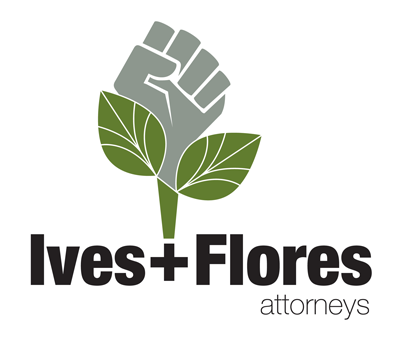Title VII of the Civil Rights Act of 1964 is explicit that it’s illegal to discriminate in any aspect of employment because of an employee or job applicant’s religion. When religious employees need reasonable accommodations in order to do the work, employers must provide them, according to the EEOC’s interpretation of the law.
But what is a “reasonable” accommodation? The Supreme Court has said an accommodation is not reasonable if it creates an “undue burden” for the employer. Courts have further interpreted “undue burden” to mean “significant trouble or expense.” Whether a specific accommodation causes significant trouble or expense must be decided on a case-by-case basis.
What happens if an employee needs an accommodation but providing one does create significant trouble or expense? Does the employee no longer have religious rights?
That question is before the U.S. Supreme Court. The case involves a core religious practice for many Christians, which is not to work on Sundays. Can it legally create an undue burden on an employer to grant religious people the day of on their Sabbath day?
It might. As we said, it depends on the circumstances.
Gerald Groff was hired as a rural postal carrier in Pennsylvania. An Evangelical Christian, Groff refused to work on Sundays in order to celebrate the Sabbath. The United States Postal Service (USPS) attempted to accommodate him, but a new contract with Amazon.com required Saturday and Sunday deliveries.
Ultimately, Groff’s need to have every Sunday off was a problem for the USPS. Other mail carriers were forced to cover Groff’s shifts. One filed a grievance with the union.
Because the USPS couldn’t accommodate Groff without burdening the other workers, the trial court sided with the postal service. It said that the USPS had done what the law required by attempting to accommodate Groff’s religious practice, but that the accommodation was ultimately an undue burden on the postal service.
An appeals court agreed, and the U.S. Supreme Court signaled strongly during oral arguments that it is unlikely to upset precedent in this case.
Will the Supreme Court rule that the USPS complied with Title VII and Gerald Groff has no further recourse? That could mean that even a large employer like the USPS might not have to allow a religious employee to take time off on the Sabbath.
Groff’s attorney argues that this would not adequately protect religious workers. Is he right?
